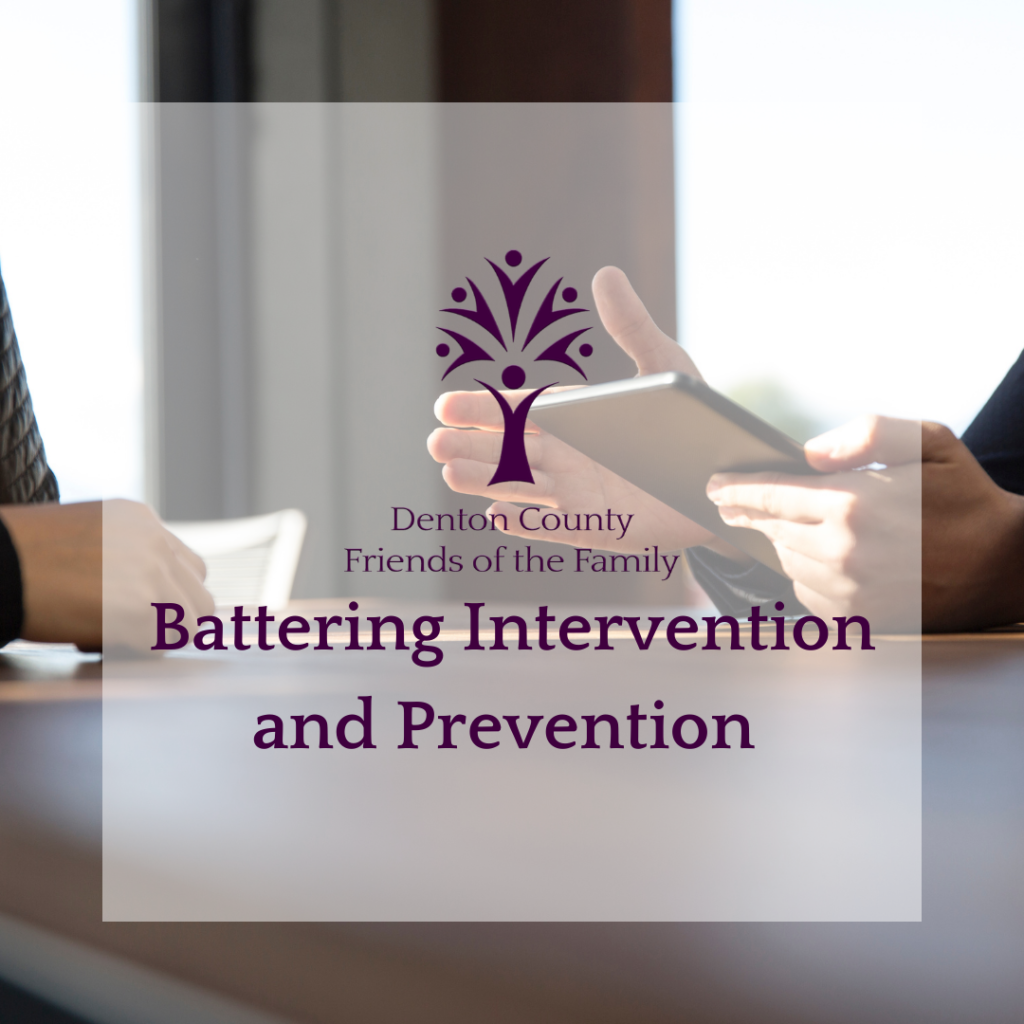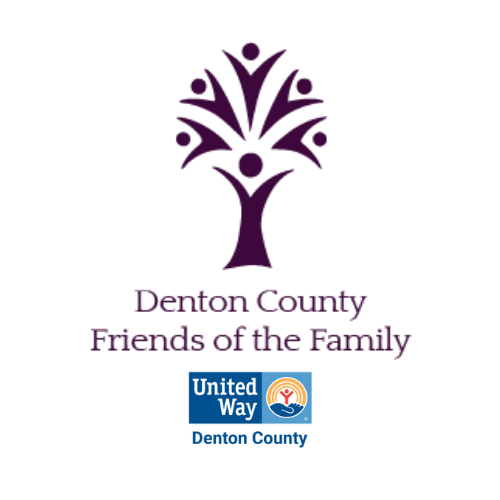Battering Intervention and Prevention
Building a World With Safe and Healthy Relationships

BIPP PROGRAM CURRICULUM
The curriculum for the battering intervention groups is psycho-educational in nature. It addresses both the participants beliefs system which they use to justify their behaviors and it teaches new, respectful and equality based behaviors, to replace the abusive ones. This is done through our curriculum which is based upon the Duluth model of education groups for men who batter.
The groups are open, which means participants can enter the group at any time. This can be helpful to reduce the defensiveness of participants when they first begin the groups.
There are nine topics covered during their 27-week participation and we spend three weeks on each topic. These topics are based on the Power and Control and Equality wheel that was developed by talking to battered women about the abusive, controlling behaviors used by their batterers to control them. The nine themes are:
- Non-Violence
- Non-Threatening
- Respect
- Trust and Support
- Accountability
- Sexual Respect
- Shared Responsibility
- Economic Partnership
- Negotiation and Fairness
- Parenting
In general, each week has these components:
1. Pay their group fee.
2. Check-in: this is used for client to report significant events regarding his relationship that he wants to discuss with the group. It may also be used if the client feels he needs support form the group if he is having a hard time implementing what he is learning in group.
3. Review homework if given from the previous week.
4. Participate in exercises and/or activities outlined for that particular lesson.
5. Processing what client has learned during that session.
6. Participants must always address their partner by her first name. This is to help participants think of their partner as a person, not an object.
Each topic usually is covered for three weeks. Each topic has these components:
1. Definition of the topic. This is to help clients “be on the same page” about what we are discussing.
2. Homework is given. This may be in their workbook, separate handout or they may be asked to bring something such as a newspaper article to class which is applicable to that particular topic.
3. Experiential exercises. Often there are interactive exercises designed to help clients look at their own behaviors and the effects those behaviors have on others.
4. Applicable videos may be used.
5. Minimization, denial and blame are always addressed in group.
How Do I Get Started In BIPP?


*Services rendered are on a case-by-case basis as each individual client’s needs are different. All clients of DCFOF must do an intake in order to identify the services needed to serve them in the best way.


